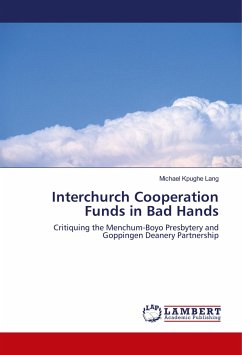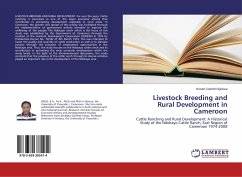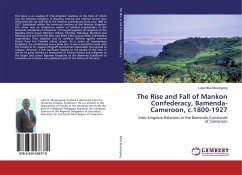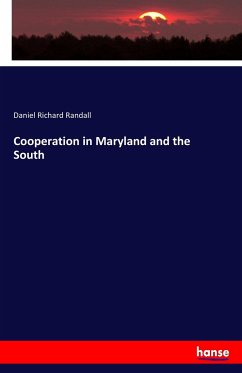
Interchurch Cooperation Funds in Bad Hands
Critiquing the Menchum-Boyo Presbytery and Goppingen Deanery Partnership
Versandkostenfrei!
Versandfertig in 6-10 Tagen
59,99 €
inkl. MwSt.

PAYBACK Punkte
30 °P sammeln!
In recent decades, interchurch cooperation has increased exponentially, with churches involved in joint witness on behalf of the poor in view of ameliorating their wellbeing. This has yielded the postulation that such cooperation is a pathway to community development, and very little scholarship is available on how financial resources accruing from such ecumenical networks end up in bad hands. This book, therefore, is a critique of interchurch cooperation, using the Menchum-Boyo Presbytery and Goppingen Deanery partnership as a case example to argue that there is a wide gap between wanting to ...
In recent decades, interchurch cooperation has increased exponentially, with churches involved in joint witness on behalf of the poor in view of ameliorating their wellbeing. This has yielded the postulation that such cooperation is a pathway to community development, and very little scholarship is available on how financial resources accruing from such ecumenical networks end up in bad hands. This book, therefore, is a critique of interchurch cooperation, using the Menchum-Boyo Presbytery and Goppingen Deanery partnership as a case example to argue that there is a wide gap between wanting to promote local development and actually doing so. The consistent misuse and theft of funds caused the partnership's potential for the promotion of development to varnish. Many of its social, economic and evangelical projects analyzed in this book ended at infancy and were of little benefit to the local population. The analysis heightens the need for checks and balances in interchurch partnerships, and should be especially useful to churches, Christian aid agencies, Christians, or anyone else who may be considering allotting funds to churches for purposes of community development.












